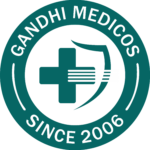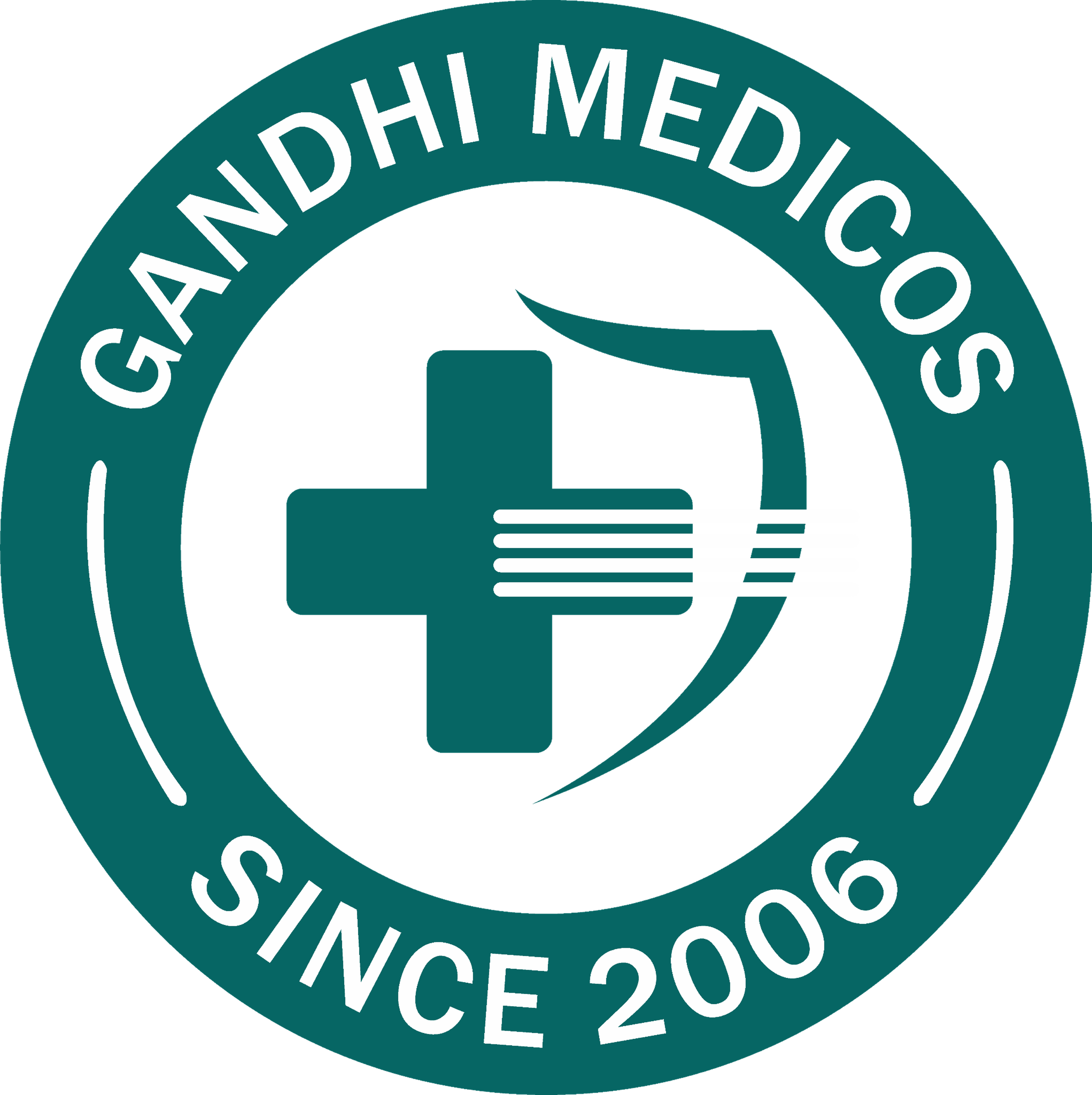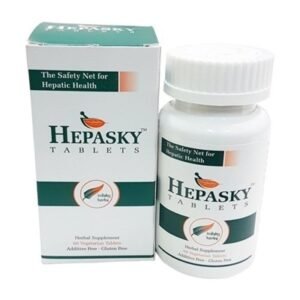Description
Hepakast Sachet
It is the combination of three branched-chain amino acids (BCAAs) including L-leucine (2760 mg), L-isoleucine (1920 mg) and L-valine (1656 mg) combined in a sachet. Hepakast (L-leucine, L-isoleucine and L-valine) is indicated in patients suffering from different types of liver diseases including,
- Liver cirrhosis (scarring of the liver)
- Hepatic encephalopathy (Loss of brain functions which occurs due to liver damage)
- Hepatitis B and C
- Steatohepatosis (Liver inflammation caused by gathering concurrent fat in the liver)
- Post liver transplant surgery
Hepakast (L-leucine, L-isoleucine and L-valine) compensates the protein deficiency by supplementing these BCCAs (proteins are made of amino acids), as patients with cirrhosis or liver failure cannot absorb BCAAs completely from the food. It is specifically utilized in patients who cannot undertake standard therapeutic options. The absence of BCAAs renders a weakened immune system, deteriorates the mental state of the patients and leads to cognitive impairment.
Functions of Hepakast (L-leucine, L-isoleucine and L-valine):
- Restoring the functions of the liver
- Preventing hepatic failure
- Refining muscle mass, overall weakness and tiredness (Fatigue)
- Improving clinical outcomes in patients with advanced cirrhosis
- Rejuvenating quality of life and survival of patients
Hepakast (L-leucine, L-isoleucine and L-valine) is taken with luke-warm water (200 ml) twice (2 sachets) per day. It is devoured 30 to 40 minutes before the meal. In terms of mechanism, the drug shows its ability to participate in energy and metabolic processes in the body. It acts in several directions like,
- Inhibiting the death of liver cells (Regeneration of parenchyma)
- Producing albumin and glycogen (Types of sugar used in metabolic processes)
- Reducing the growth of cancerous liver cells
- Maturing the nerve cells processes
- Speeds-up the synthesis of lymphocytes
- Decreasing liver cell replacement with fibrous tissue
Side-effects associated with Hepakast (L-leucine, L-isoleucine and L-valine):
Most common side-effects:
- Loss of co-ordination
- Tiredness (Fatigue)
- Nausea
- Vomiting
- Diarrhea
- Bloating
Rare side-effects:
- High blood pressure (Hypertension)
- Headache
- Whitening of skin
Note: Hepakast (L-leucine, L-isoleucine and L-valine) might show other side-effects as well. If you need more information please consult your doctor.
When should Hepakast (L-leucine, L-isoleucine and L-valine) be avoided or used cautiously?
- If patients are suffering from inflammation and severe liver failure
- If patients have kidney diseases
- If patients are pregnant or breastfeeding or planning to get pregnant or breastfeed
- If children are below 6 months of age, avoid Hepakast (L-leucine, L-isoleucine and L-valine










Reviews
There are no reviews yet.